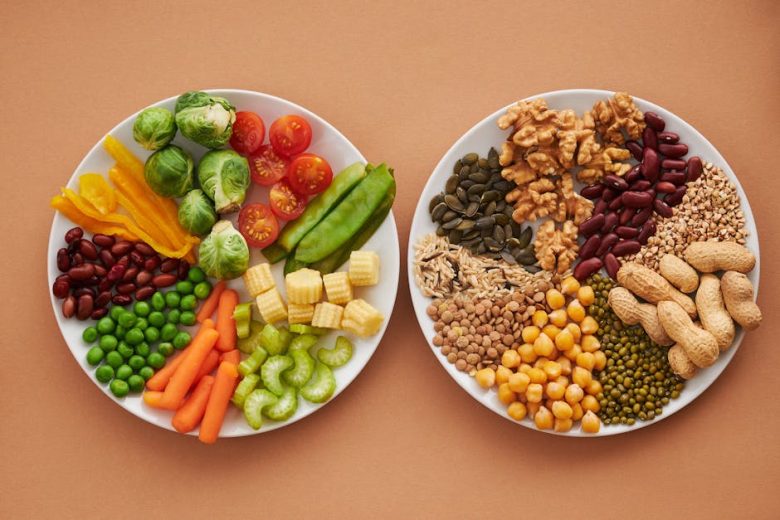In our fast-paced world, convenience is king. We rely on technology and quick solutions to simplify our lives, often sacrificing quality and safety for the sake of expedience. From pre-packaged meals to smart home devices, the allure of ease can blind us to the potential pitfalls lurking beneath the surface. As we embrace the benefits of modern conveniences, it’s crucial to recognize the hidden dangers that accompany them.
Everyday conveniences promise to save us time and effort, but they can also lead to unforeseen consequences. For instance, the prevalence of processed foods has made meal preparation faster and easier than ever. However, these foods are often laden with preservatives, unhealthy fats, and excessive sugars that can contribute to serious health issues like obesity and diabetes. The very products designed to make our lives simpler can inadvertently jeopardize our well-being, raising an important question: at what cost does convenience come?
Technology has undoubtedly revolutionized the way we live, but it has also introduced new vulnerabilities. Smart home devices, while offering comfort and security, can become gateways for cybercriminals. A simple internet-connected thermostat or security camera can expose our personal data and privacy if not adequately protected. The excitement of a connected home can quickly turn to concern when we realize that our convenience may be compromising our safety. Understanding these risks is essential as we navigate an increasingly digital landscape.
Moreover, the fast-fashion industry epitomizes the double-edged sword of convenience. While it provides consumers with trendy clothing at remarkably low prices, the environmental and ethical implications are staggering. The rapid production cycles contribute to pollution, waste, and exploitative labor practices, raising urgent questions about sustainability and our responsibility as consumers. The thrill of snagging a bargain can mask the harsh realities of the industry, prompting a need for greater awareness and conscientious choices.
Even in our pursuit of convenience, there exists a glimmer of hope. Awareness of the dangers associated with everyday conveniences is the first step toward making more informed decisions. As consumers, we have the power to demand transparency and accountability from companies, pushing for safer, healthier, and more sustainable options. By choosing local, organic, and ethically produced products, we can strike a balance between convenience and well-being, fostering a healthier planet for future generations.
In conclusion, the allure of convenience is undeniable, but it is essential to remain vigilant about the consequences it may bring. By educating ourselves and making mindful choices, we can harness the benefits of modern conveniences while mitigating their risks. The journey toward a safer, healthier, and more sustainable lifestyle begins with awareness and action, reminding us that convenience should never come at the expense of our health or the environment.



